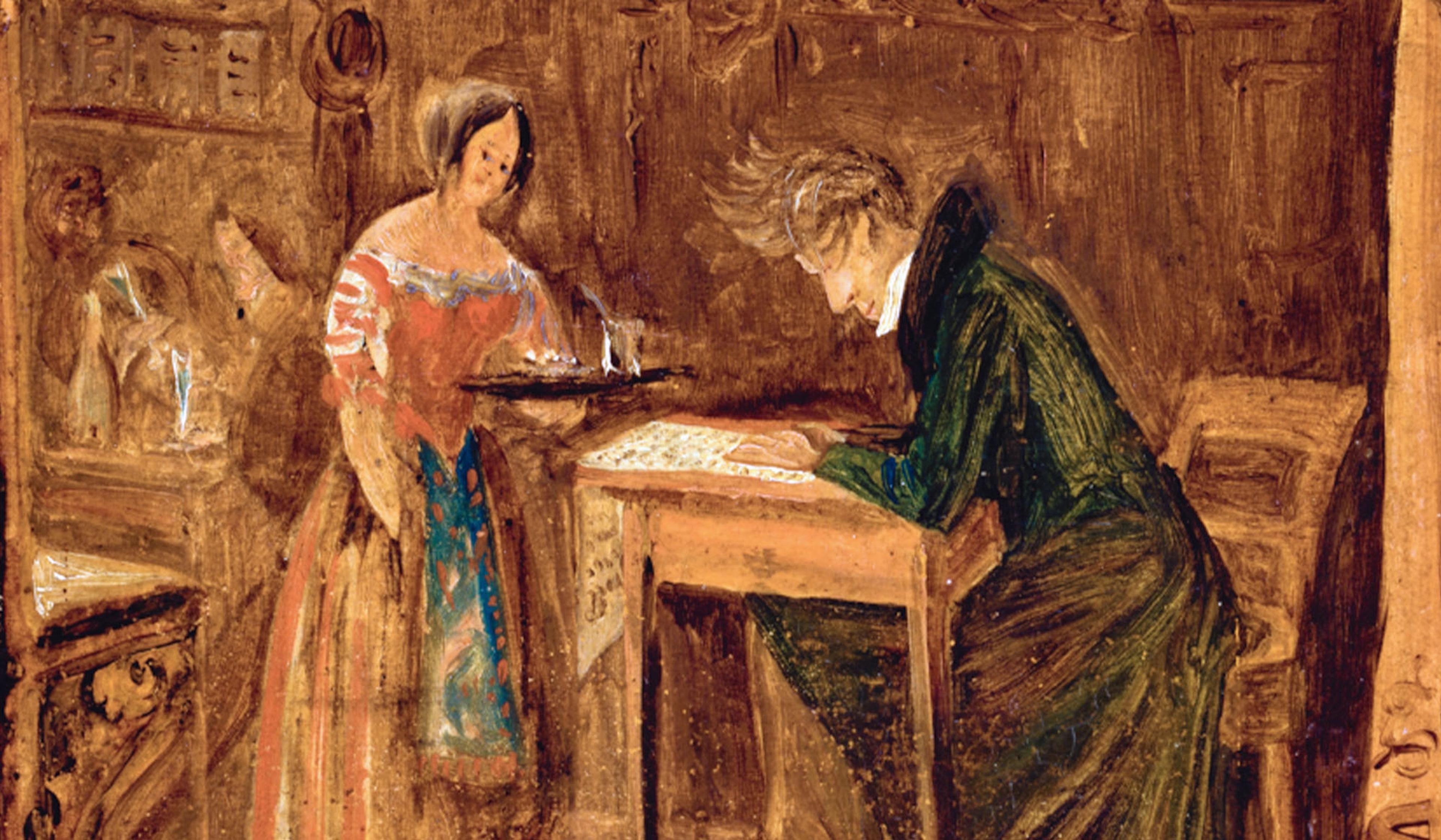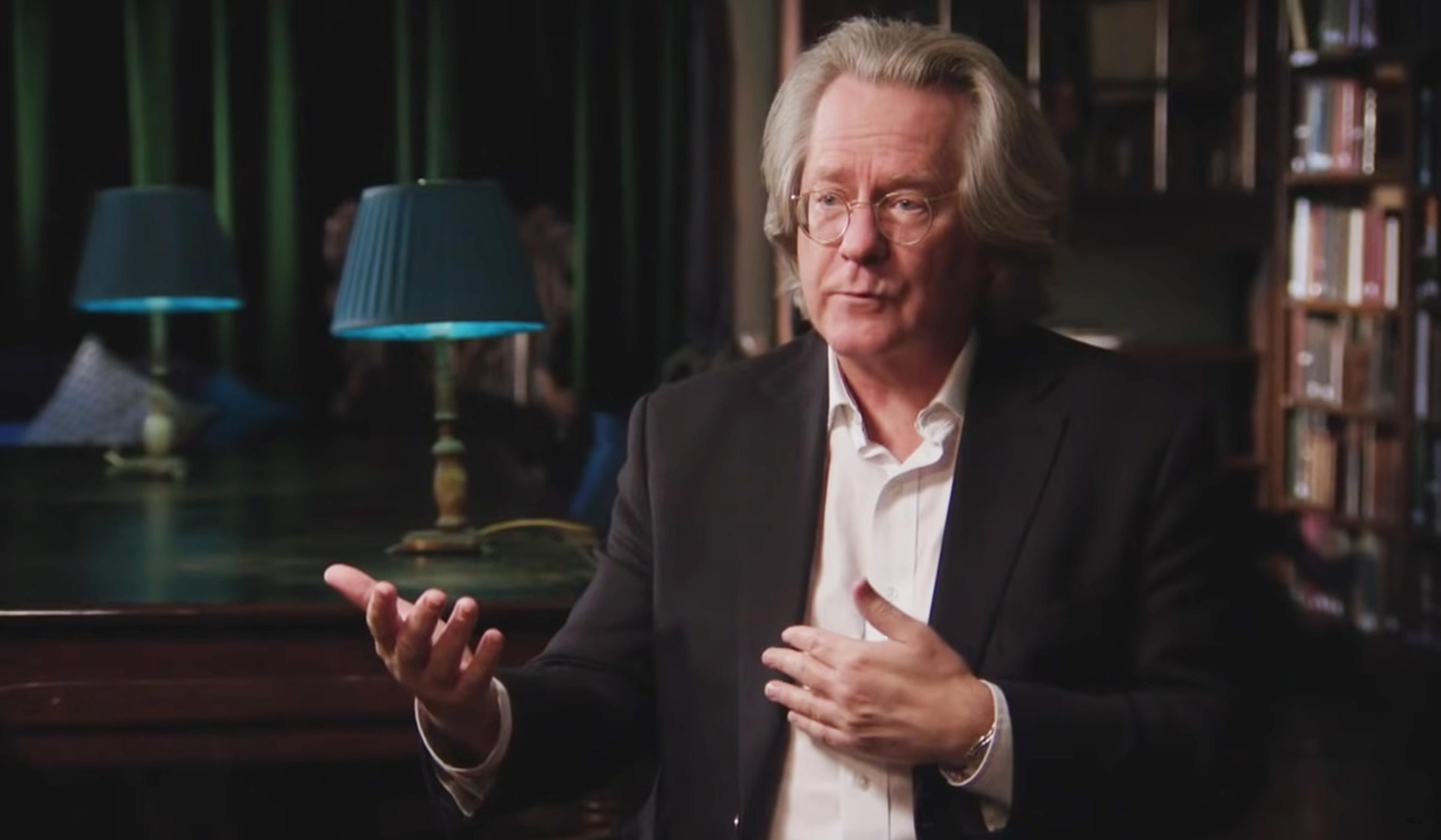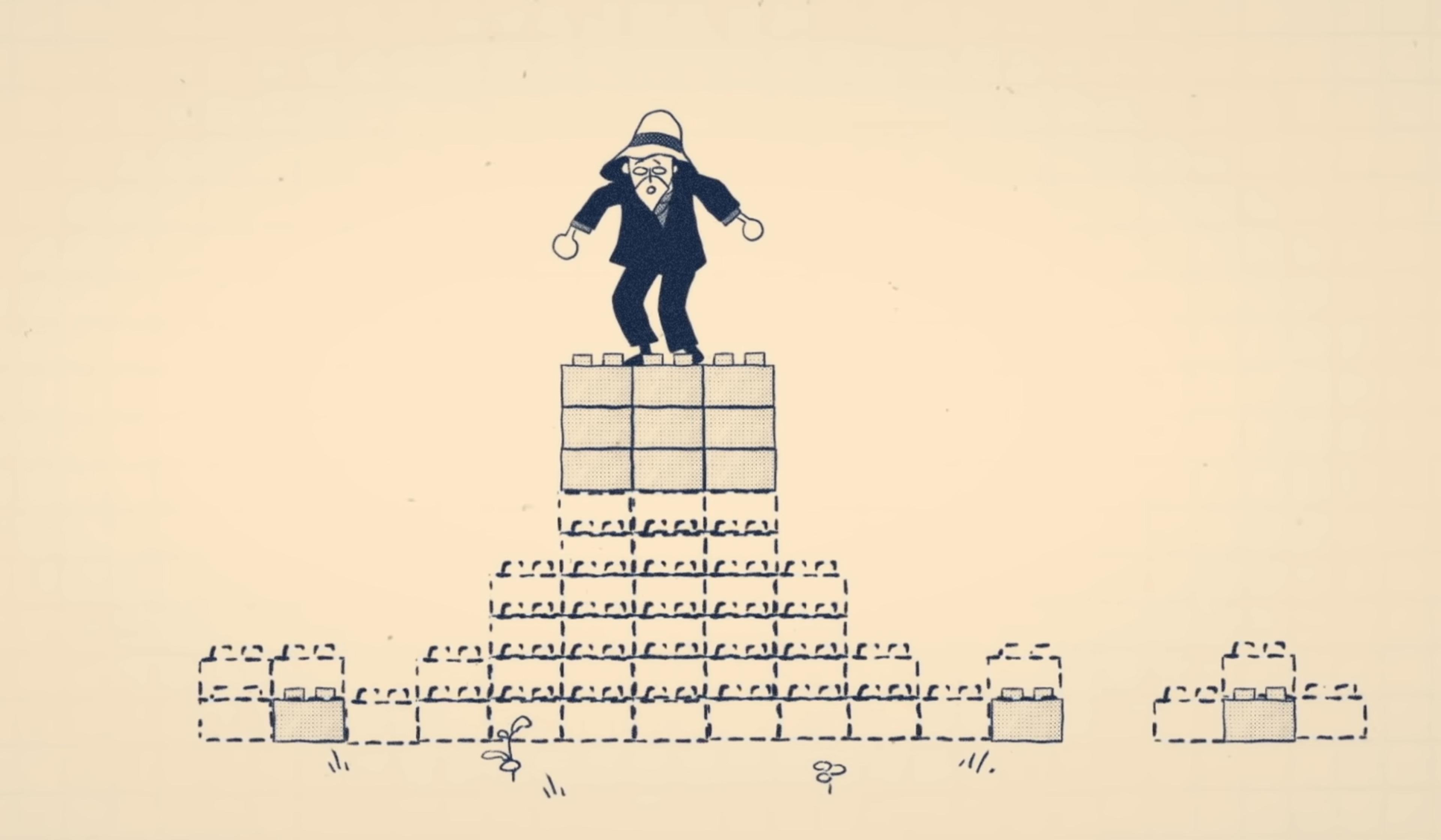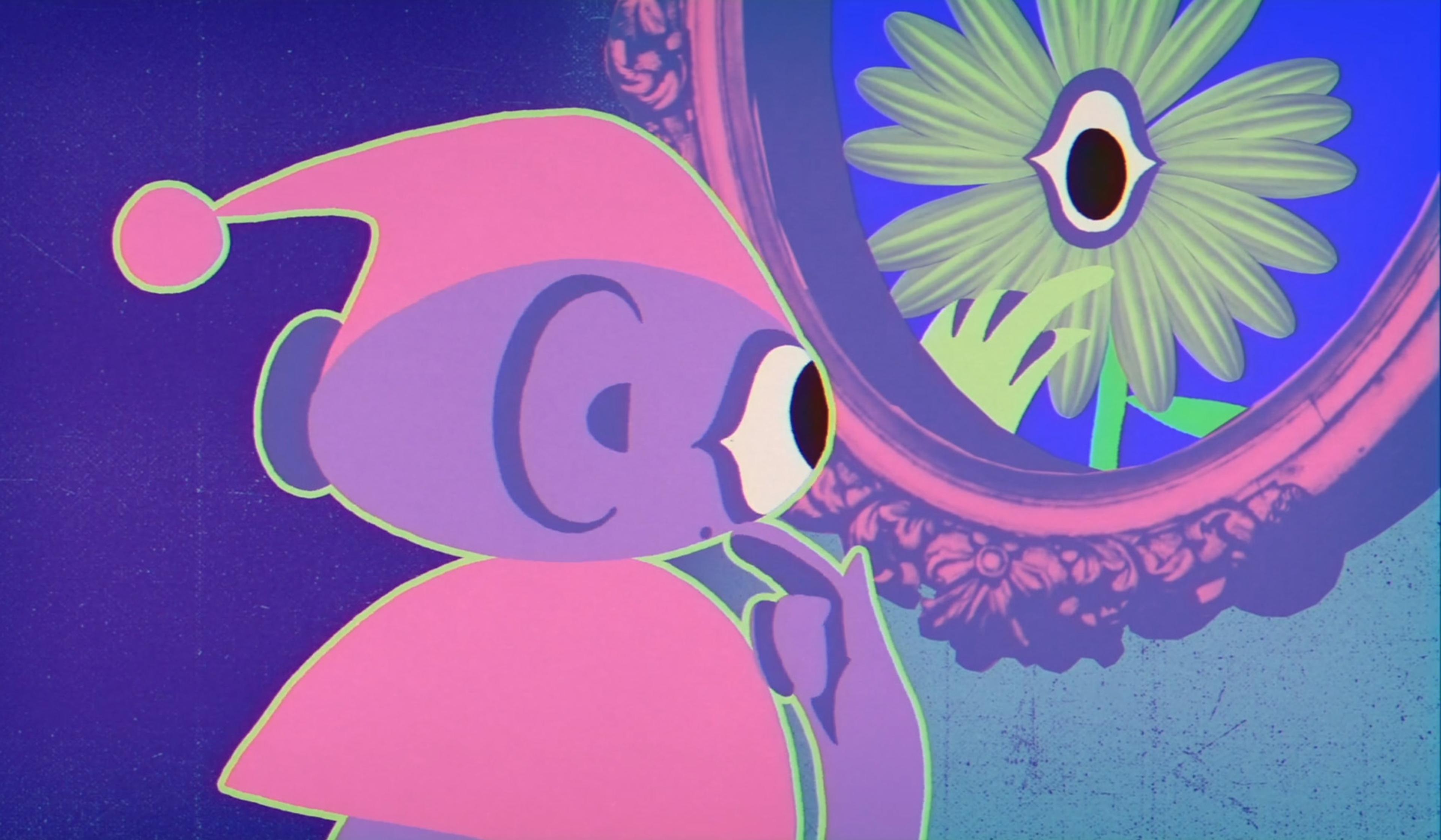Is seeking an explanation for life’s deepest mysteries a worthy pursuit? Many scientists and theologians would say yes. Zen Buddhists practising in China from the 9th to 13th centuries CE, however, believed that it was important to embrace uncertainty instead of always seeking answers. For these monks, achieving enlightenment meant resisting the urge to know the seemingly unknowable. To foster this way of thinking, they meditated on paradoxical riddles called kōans to raise doubts about the very meaning of knowing and, through this, find deeper truths about existence. This playful animation from TED-Ed provides a brief history of kōans, and offers two rich examples from the roughly 1,700 kōans written to illustrate the key role of ambiguity on the path to enlightenment.
What Zen Buddhist riddles reveal about knowledge and the unknowable

videoKnowledge
Want to think for yourself? Start with an agonising state of doubt, says Kierkegaard
7 minutes

videoMetaphysics
Is the question ‘Why is there something instead of nothing?’ even worth asking?
9 minutes

videoMathematics
How a verbal paradox shattered the notion of total certainty in mathematics
5 minutes

videoEthics
BBC producer John Lloyd argues against the cult of knowledge and information
2 minutes

videoMetaphysics
Knowing if you’re awake seems simple. Why has it vexed philosophers for centuries?
5 minutes

videoHistory of ideas
For proof that love is timeless, consider how long philosophers have debated it
6 minutes

videoThinkers and theories
The Bing Bang, reincarnation and other theories of life from budding philosophers
8 minutes

videoKnowledge
True mastery demands going beyond the rules to learn for yourself
15 minutes

videoKnowledge
Can you know everything about colour if you see in black and white? A thought experiment
5 minutes